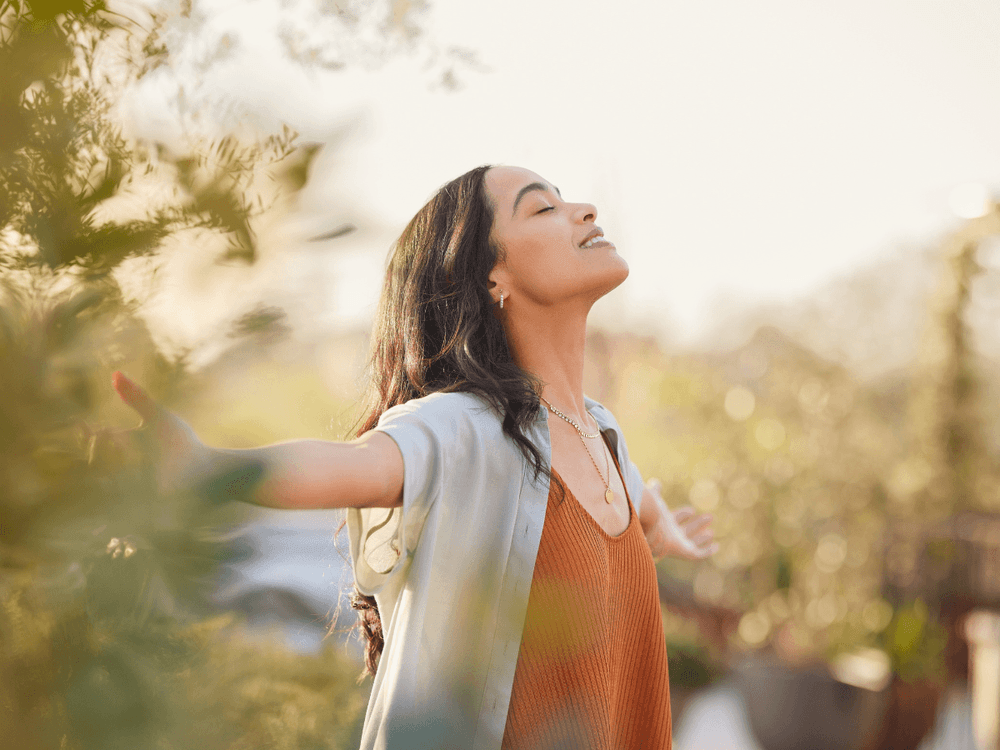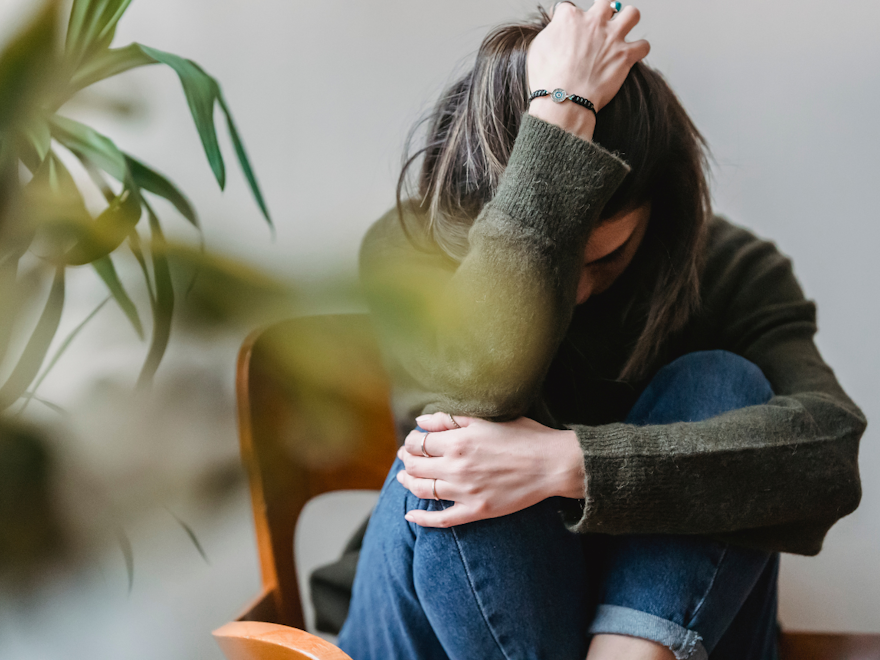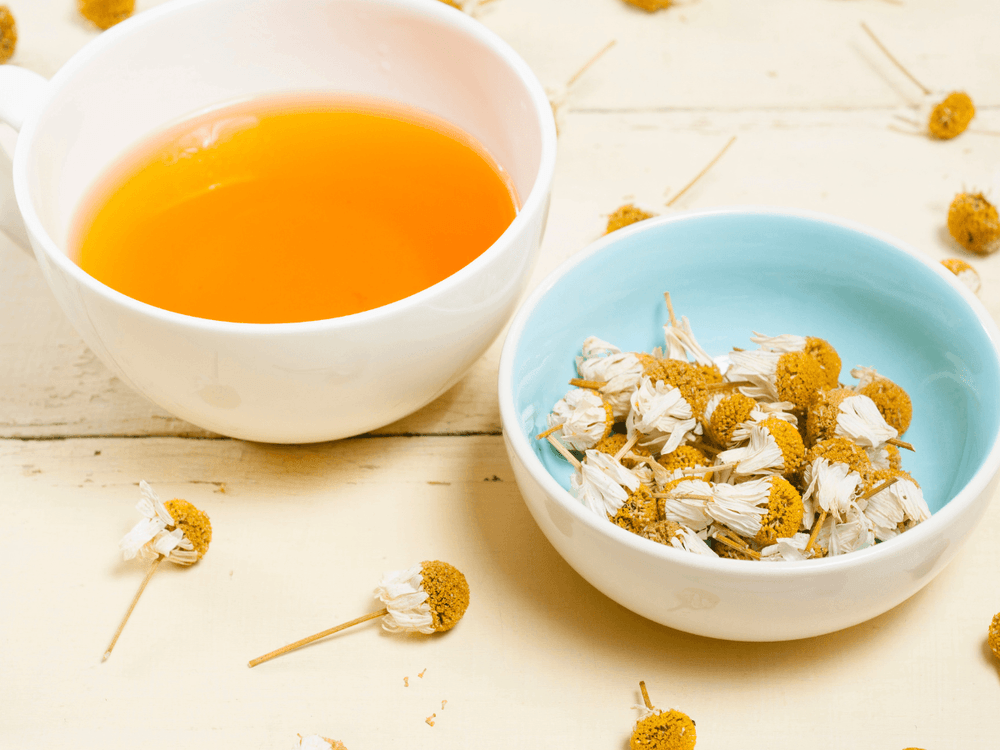L’anxiété est un phénomène courant dans notre société moderne, un état de stress constant qui peut affecter la santé mentale et physique. Alors que les médicaments peuvent être une solution pour certains, de plus en plus de gens cherchent des alternatives naturelles pour retrouver une sérénité au quotidien. Cet article explore plusieurs techniques naturelles et d’hygiène de vie pour gérer l’anxiété de manière plus douce et respectueuse du corps.
La respiration consciente et la méditation pleine conscience
La respiration consciente est une technique simple mais puissante pour calmer l’esprit et réduire les symptômes de l’anxiété. Prendre le temps de respirer profondément, en se concentrant sur l’air qui entre et sort du corps, aide à calmer le système nerveux et à réduire les tensions.
La méditation pleine conscience, quant à elle, consiste à se focaliser sur le moment présent sans jugement. Elle permet de ne plus être submergé par des pensées anxieuses et de réorienter l'attention vers le "ici et maintenant". De nombreuses études montrent que la pratique régulière de la méditation peut considérablement réduire l'anxiété en modifiant la manière dont le cerveau réagit au stress.
L’exercice physique régulier
L’exercice physique n’est pas seulement bénéfique pour le corps, mais aussi pour l’esprit. Lorsque nous bougeons, notre corps libère des endorphines. Ces hormones aident à améliorer l'humeur et à réduire les sensations d'anxiété. Que ce soit du yoga, de la marche rapide, de la natation ou du jogging, l'important est de choisir une activité qui vous procure du plaisir et que vous pouvez pratiquer régulièrement.
Le yoga et le tai-chi, en particulier, sont des formes d’exercice qui combinent des mouvements doux avec une respiration contrôlée, apportant ainsi une double action de réduction du stress physique et mental.
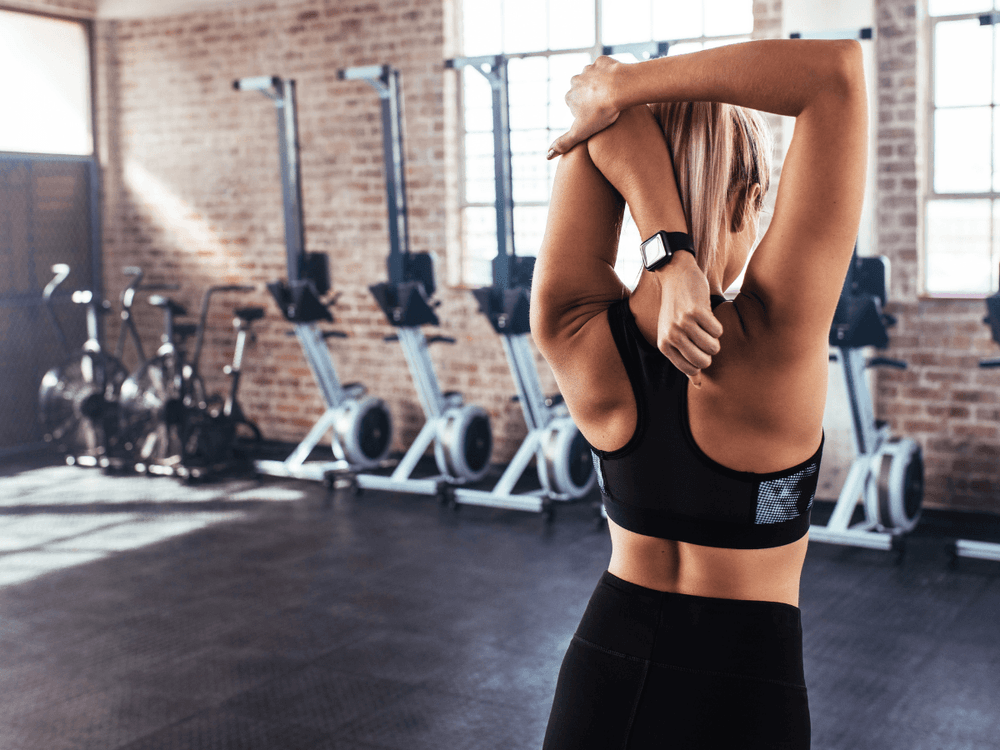
Une alimentation équilibrée et riche en nutriments
L’alimentation joue un rôle clé dans notre bien-être mental. Certains nutriments sont essentiels pour la santé du cerveau et peuvent influencer notre humeur. Les carences en magnésium, en oméga-3, et en vitamines B, par exemple, peuvent contribuer à l'apparition d'une anxiété.
- Les oméga-3 présents dans les poissons gras (saumon, sardines, maquereau), les oléagineux et certaines huiles (lin, cameline, chanvre, colza) aident à réduire l’inflammation et soutiennent le bon fonctionnement du cerveau.
- Le magnésium, souvent surnommé le "minéral anti-stress", est essentiel pour la régulation des neurotransmetteurs. On le trouve principalement dans les légumes verts, les noix, les graines, et le chocolat noir.
- Les probiotiques et une alimentation riche en fibres aident à maintenir une bonne santé intestinale. Le lien entre l’intestin et le cerveau, connu sous le nom de "connexion intestin-cerveau", montre que la santé digestive influence directement nos émotions et notre anxiété.
La phytothérapie : les plantes qui apaisent
Certaines plantes ont des vertus reconnues pour apaiser le système nerveux et diminuer l'anxiété. Parmi les plus efficaces, on retrouve :
- La valériane : souvent utilisée pour ses propriétés sédatives, elle aide à calmer l’anxiété et favorise un sommeil réparateur.
- La passiflore : utilisée traditionnellement pour lutter contre l’anxiété et l’insomnie, elle agit comme un relaxant naturel.
- La camomille : idéale en infusion, elle possède des propriétés apaisantes et relaxantes, parfaites pour atténuer les symptômes légers d'anxiété.
- Le millepertuis : bien connu pour ses effets sur la dépression légère à modérée, il peut également avoir un effet bénéfique sur l'anxiété, mais son utilisation doit être particulièrement surveillée en raison de ses interactions avec de nombreux médicaments.
Les huiles essentielles : l’aromathérapie pour apaiser l’esprit
L’aromathérapie est une autre méthode naturelle efficace pour réduire l'anxiété. Certaines huiles essentielles ont des propriétés relaxantes et peuvent être utilisées en diffusion ou appliquées localement.
- L’huile essentielle de lavande est l’une des plus populaires pour ses vertus apaisantes. Elle aide à réduire le stress et favorise un sommeil profond.
- L’huile essentielle de camomille romaine est également connue pour ses effets calmants et anxiolytiques.
- L’huile essentielle d’encens aide à équilibrer les émotions et apaise les tensions mentales.
- Les essences d'agrumes (citron, petit grain bigaradier, mandarine, orange douce...) sont aussi bien connues pour apporter un effet relaxant grâce aux coumarines qu'elles contiennent et qui ont une action anti-stress, anti-anxiété, apaisante.
Vous pouvez utiliser ces huiles en diffusion dans votre maison ou les appliquer sur vos poignets ou votre nuque, diluées dans une huile végétale.
La gestion du sommeil : retrouver un rythme de repos
Le manque de sommeil ou une mauvaise qualité de sommeil peut aggraver l’anxiété. Une hygiène de sommeil adaptée est donc essentielle. Pour cela, essayez d’instaurer une routine relaxante avant le coucher : éteignez les écrans une heure avant de dormir, évitez les stimulants comme la caféine en fin de journée, et créez une atmosphère calme et propice au sommeil dans votre chambre (température agréable, pas de lumière forte).
Si vous avez du mal à vous endormir, les infusions de plantes apaisantes comme la mélisse ou la camomille peuvent favoriser la détente.
Les techniques de relaxation musculaire progressive
La relaxation musculaire progressive est une méthode qui permet de détendre chaque groupe musculaire du corps, un par un. Cette technique aide à réduire la tension physique et mentale en se concentrant sur la détente de zones spécifiques du corps.
Cette méthode est souvent utilisée dans les thérapies comportementales pour aider les personnes à mieux gérer leur anxiété en améliorant la connexion entre le corps et l’esprit.
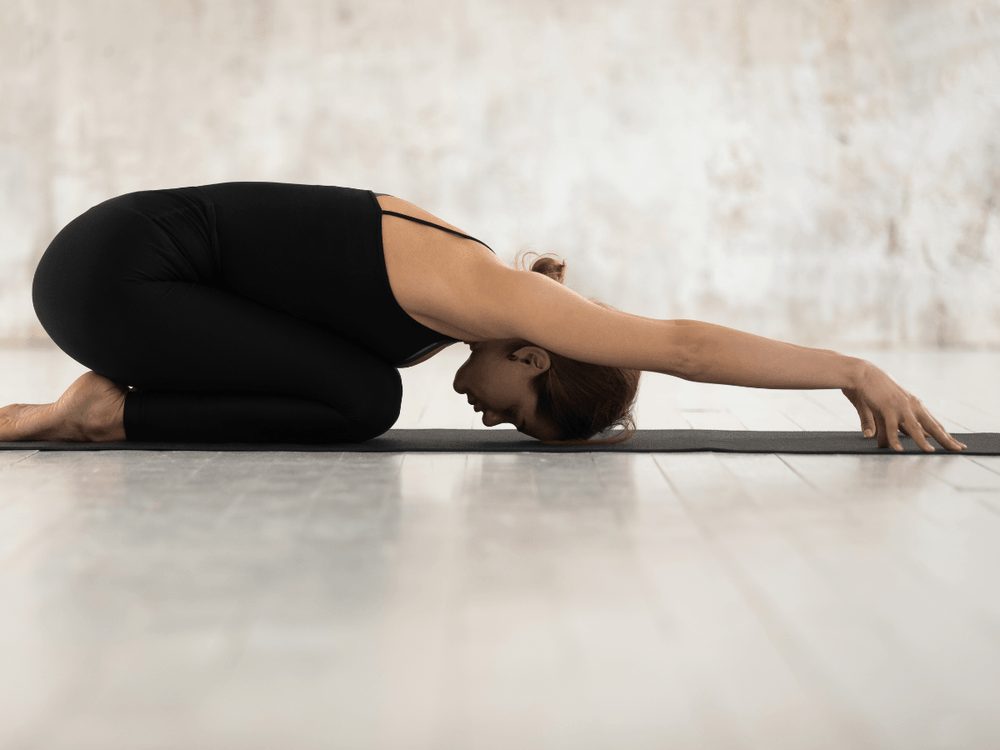
Se reconnecter à la nature
Passer du temps dans la nature a un effet calmant sur l’esprit. Plusieurs études montrent que marcher dans un parc, passer du temps près d’un lac ou faire de la randonnée en forêt peut réduire les niveaux de cortisol (l'hormone du stress) et favoriser un sentiment de calme.
La sylvothérapie, qui consiste à passer du temps au contact des arbres, peut être particulièrement bénéfique pour les personnes souffrant d’anxiété. Cette technique, très répandue au Japon sous le nom de "bains de forêt", vise à rétablir l’équilibre mental et émotionnel.
La journalisation : extérioriser ses émotions
Écrire ses pensées et ses émotions sur papier peut être un excellent moyen de réduire l'anxiété. La journalisation permet de prendre du recul sur ce qui nous stresse et d'exprimer librement des sentiments refoulés. Il est recommandé d’écrire tous les jours, même seulement quelques minutes, pour mieux identifier les déclencheurs d’anxiété et y faire face plus sereinement.
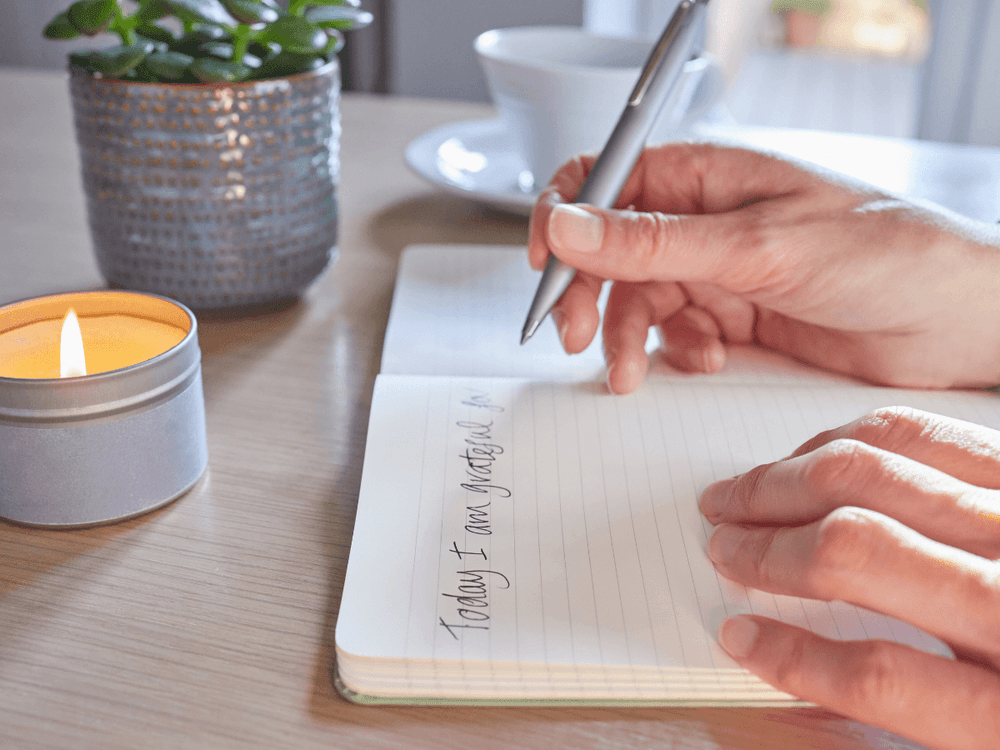
L’importance des relations sociales et du soutien
Les relations sociales jouent un rôle fondamental dans la gestion de l'anxiété. Parler de ses préoccupations avec des amis ou des proches de confiance peut non seulement aider à alléger le poids de l'anxiété, mais aussi à recevoir du soutien émotionnel.
Participer à des activités sociales, même simples, comme boire un café avec un ami ou rejoindre un groupe d'intérêt commun, peut vous aider à vous sentir moins isolé et à réduire l’anxiété.
Lutter contre l’anxiété naturellement nécessite de prendre soin de son corps et de son esprit. En adoptant une hygiène de vie saine, en faisant appel à des solutions naturelles, et en étant attentif à ses besoins, il est possible de retrouver un quotidien plus serein. Les techniques mentionnées ci-dessus demandent un engagement personnel, mais peuvent transformer en profondeur votre rapport à l’anxiété et au stress. Prenez le temps d’expérimenter différentes techniques pour découvrir celles qui fonctionnent le mieux pour vous, et souvenez-vous que de petits changements de style de vie peuvent faire une grande différence dans la gestion quotidienne de l'anxiété.
